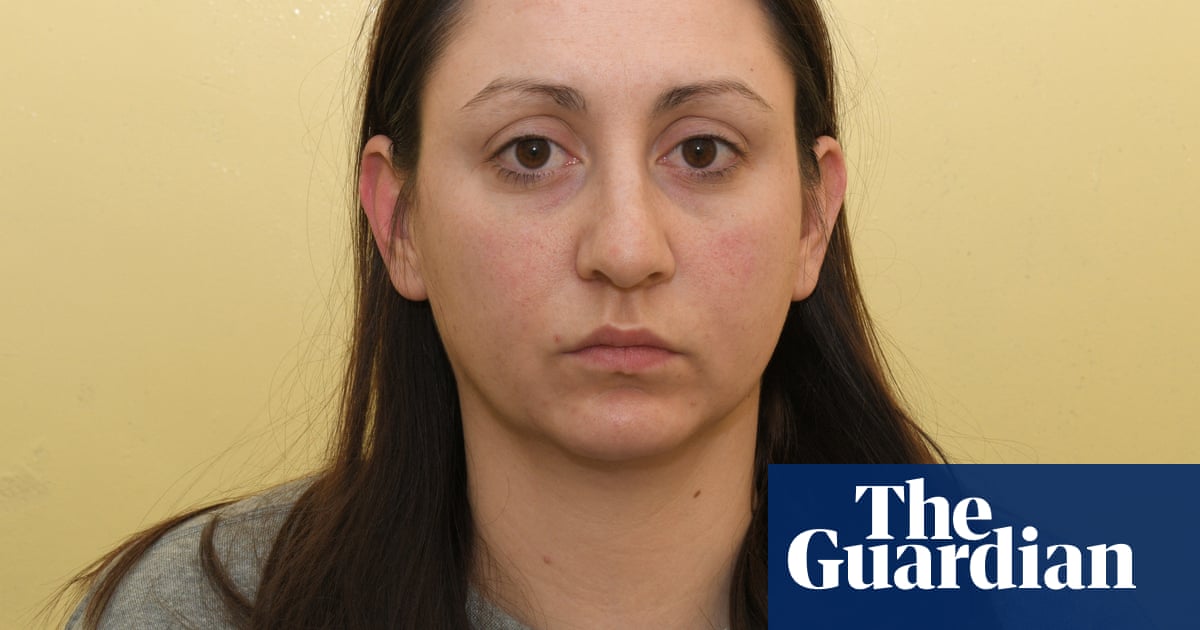A woman said to be “chief minion” in a ring of Bulgarians convicted of spying for Russia in Britain should not be treated like George Blake, the double agent sentenced to four decades in jail in the 1960s, the Old Bailey has heard.
Katrin Ivanova was said by her barrister, Rupert Bowers KC, to have been manipulated by her partner, Biser Dzhambazov, and to then have endured the discovery of his affair with a fellow member of the spy ring while in prison.
“She is not the chief minion,” Bowers told the court, in reference to a claim by the prosecution. “There was no initiative on her part, she did as she was directed.”
Addressing Mr Justice Hilliard at a sentencing hearing forsix Bulgarians found guilty in March of espionage charges, Bowers told the judge his client was involved in something that was “a world away from the classic spy case”.
Bowers said the judge should differentiate in his sentencing from the “the classic spy cases, the George Blakes” and that of Ivanova, who he claimed had been largely responsible for administrative duties, such as booking hotels and flights.
Blake, who died in 2020 at the age of 98, was the most notorious Soviet agent inside Britain’s Secret Intelligence Service (MI6). He was sentenced to serve 42 years in prison in 1961 but in 1966 escaped from Wormwood Scrubs prison in west London.
After fleeing to Moscow, Blake was awarded the Order of Lenin. In 2007, on his 85th birthday, he was awarded the Order of Friendship by Vladimir Putin.
Ivanova is facing up to 14 years in jail for her role in a spy ring tasked by Moscow with carrying out a series of operations, including stealing identifying details of the phones used by Ukrainian soldiers training on Patriot air defence systems at the Patch barracks in Stuttgart.
During the trial of the three members of the ring who did not plead guilty, the prosecution highlighted a message sent by Orlin Roussev, the leader of the spy ring, to Jan Marsalek, a Russian agent believed to be based in Moscow.
In the message, Roussev had said he wanted to send to Stuttgart “the minion who will operate the IMSI”, a sophisticated device able to mop up thousands of nearby phone numbers.
The prosecutor said Ivanova was the “chief minion” being referred to. She claims to have not been trained to use an IMSI catcher, or even heard of it until after her arrest in February 2023.
Her barrister said that the judge should look at the outcomes of Ivanova’s work rather than the “fantastical” messages discovered by the police. He claimed that the work carried out by the ring had proven to be “ostensibly useless to the hostile state”.
In further mitigation, Bowers said Ivanova had to endure the “lies and the betrayal” of Dzhambazov, her long-term partner.
Dzhambazov was in a relationship with both Ivanova and Vanya Gaberova for a year and a half before their arrest.
When police raided Gaberova’s flat they found Dzhambazov in bed with her. Ivanova had been unaware of the relationship until after her arrest. He had also told the two women he had brain cancer, which he did not.
